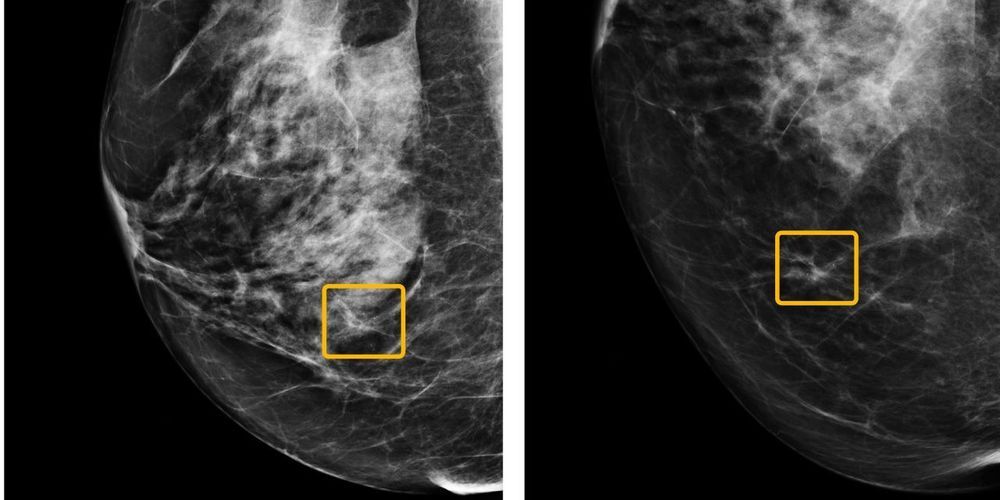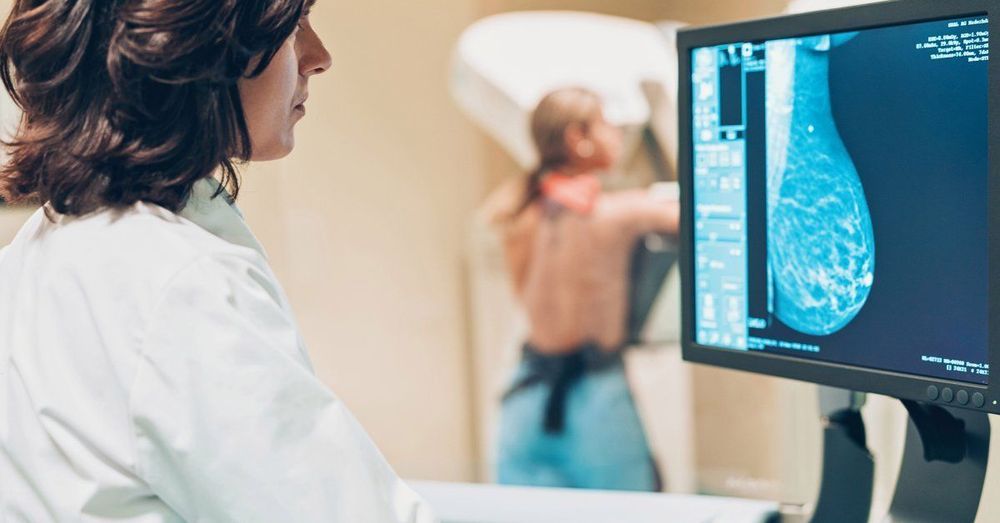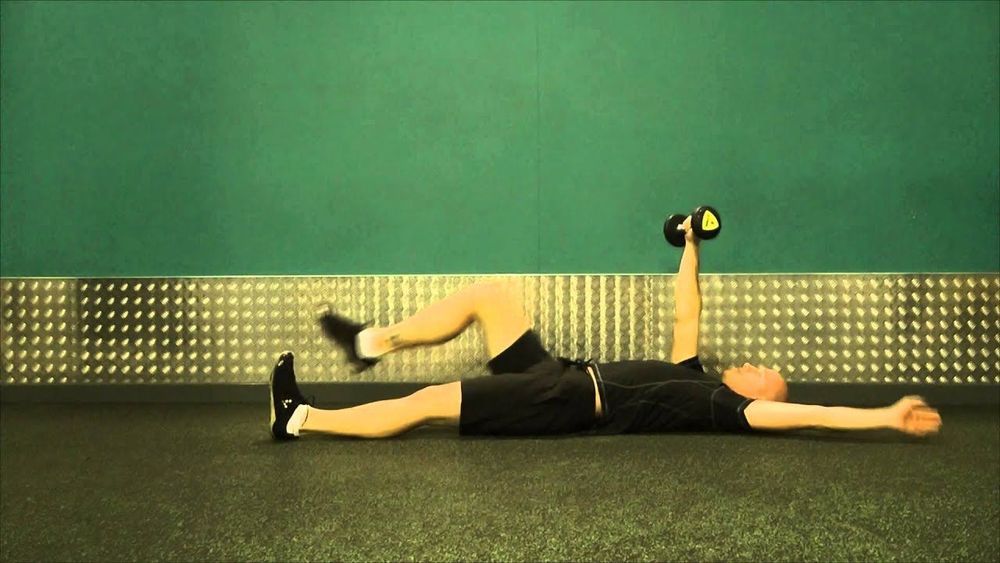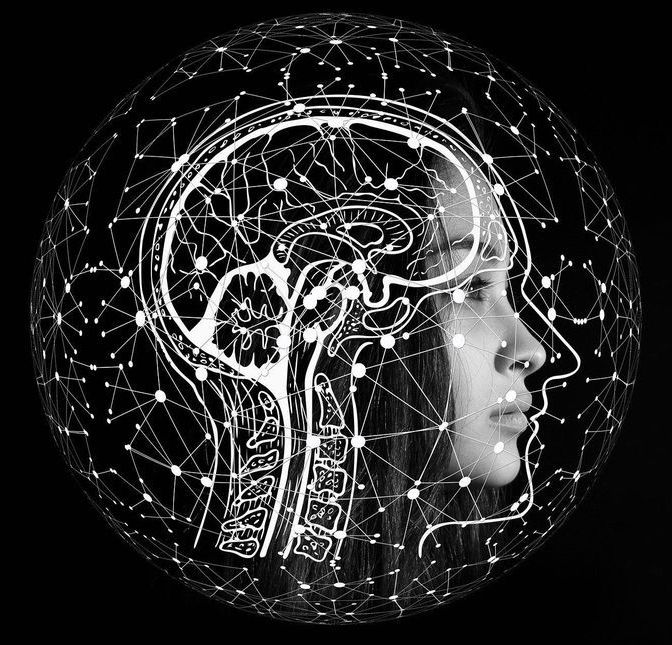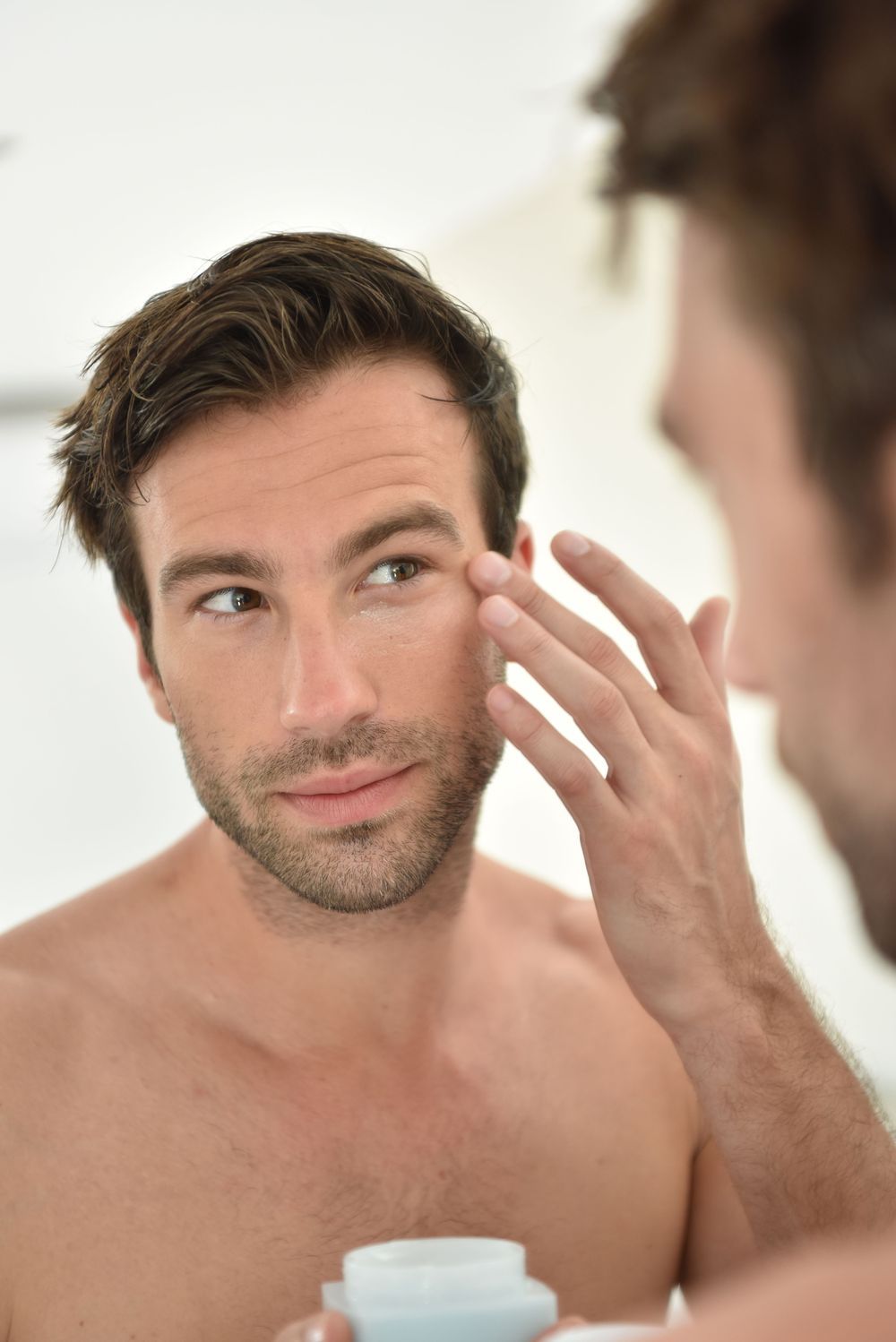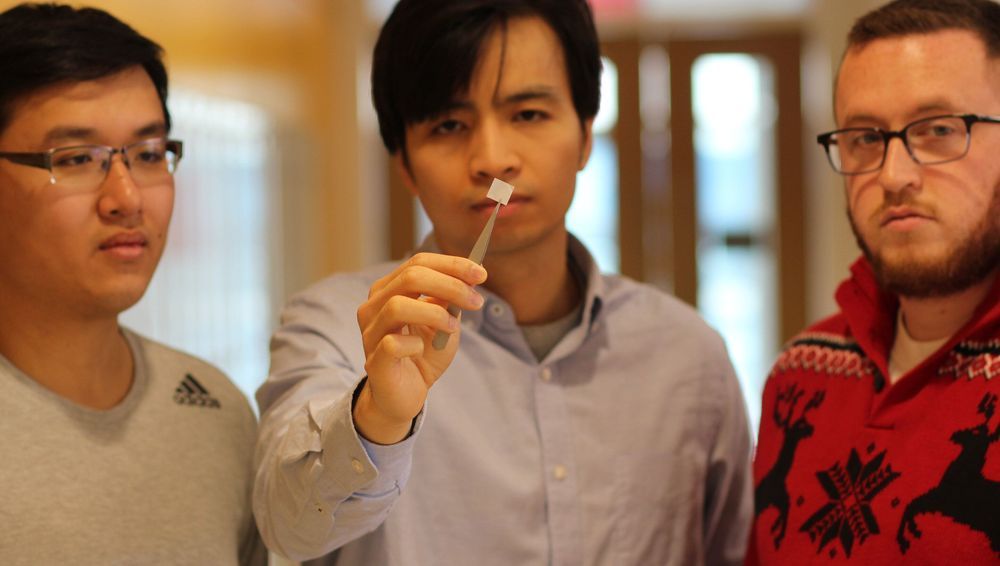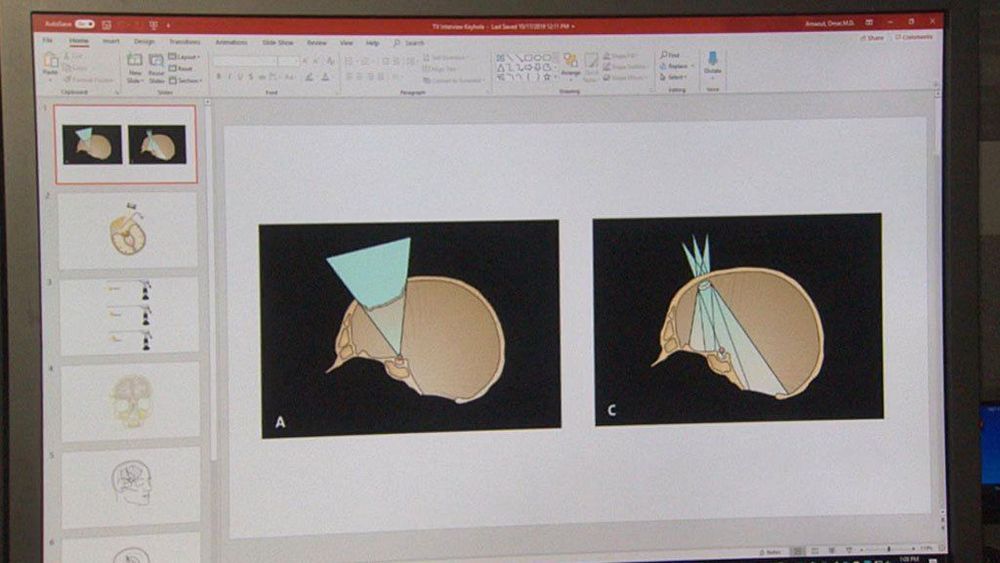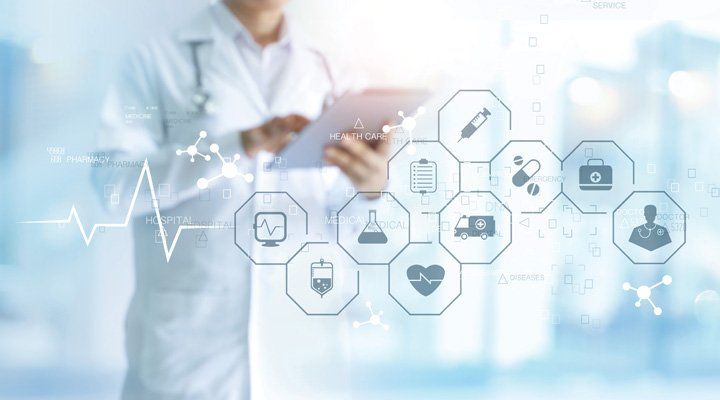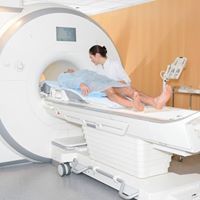Jan 1, 2020
Google AI Beats Doctors at Breast Cancer Detection—Sometimes
Posted by Genevieve Klien in categories: biotech/medical, health, information science, robotics/AI
Google’s health research unit said it has developed an artificial-intelligence system that can match or outperform radiologists at detecting breast cancer, according to new research. But doctors still beat the machines in some cases.
The model, developed by an international team of researchers, caught cancers that were originally missed and reduced false-positive cancer flags for patients who didn’t actually have cancer, according to a paper published on Wednesday in the journal Nature. Data from thousands of mammograms from women in the U.K. and the U.S. was used to train the AI system.
But the algorithm isn’t yet ready for clinical use, the researchers said.
